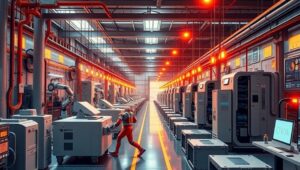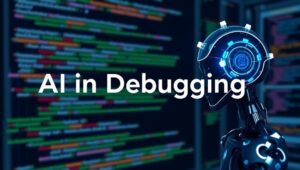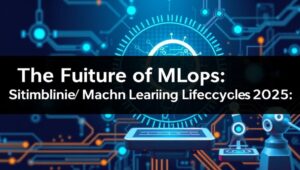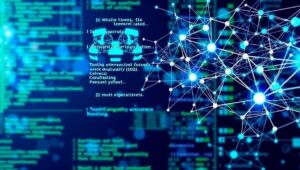May 17, 2025
Autonomous Cybersecurity: Self-Healing Systems by 2028?
Autonomous Cybersecurity: Self-Healing Systems by 2028? The cybersecurity landscape is in a constant state of flux, with threats becoming more sophisticated and frequent. Organizations are struggling to keep up, leading to a growing demand for innovative solutions. One promising approach is autonomous cybersecurity, which involves the use of artificial intelligence (AI) and machine learning (ML) to automate threat detection, prevention, and response. Could we see self-healing systems become a reality by 2028? What is Autonomous Cybersecurity? Autonomous cybersecurity aims to create systems that can independently identify and mitigate threats without human intervention. These systems leverage AI and ML algorithms to:









